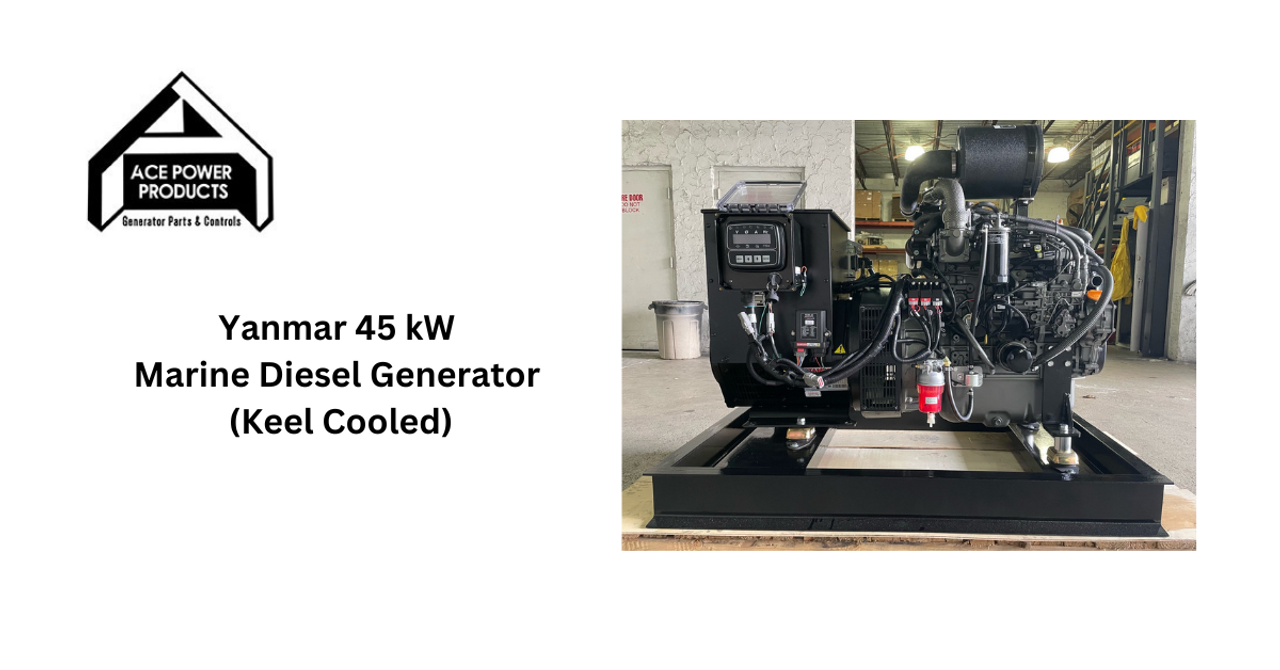Wet Stacking in Diesel Engines
In the realm of diesel engines, wet stacking is a phenomenon that can significantly impact engine performance and efficiency. At Ace Power Products, we understand the importance of maintaining optimal performance in diesel engines, which is why we offer solutions to mitigate wet stacking.
This blog will unravel the mystery of wet stacking, exploring its causes, symptoms, and the impact it has on diesel engine performance. Additionally, we will discuss how Ace Power Products can help optimize the efficiency of your diesel engines.
What is Wet Stacking in Diesel Engines?
Wet stacking refers to the accumulation of unburned fuel, soot, and other by-products in the exhaust system of a diesel engine. It occurs when an engine operates at a load significantly lower than its designed capacity for an extended period. Under these conditions, the engine may not reach the critical temperature to thoroughly burn the fuel, leading to incomplete combustion and the formation of deposits in the exhaust system.
Causes and Symptoms of Wet Stacking
Several factors can contribute to wet stacking in diesel engines. Extended periods of idling, light loads, or low-power demand can prevent the engine from operating at its optimal temperature. In addition, factors such as improper fuel injection timing, incorrect fuel-to-air ratio, or inefficient turbocharger operation also contribute to wet stacking.
Symptoms of wet stacking can manifest in various ways, including:
- Decreased Engine Performance:Wet stacking can lead to reduced engine power and overall performance. Furthermore, the engine may struggle to reach its designed RPM and exhibit sluggish response.
- Increased Fuel Consumption: Due to incomplete combustion, wet stacking can result in higher fuel consumption. In fact, this not only impacts efficiency but also increases operational costs.
- Excessive Smoke: Wet stacking can cause increased smoke emissions from the exhaust. This smoke may appear dark or black due to the presence of unburned fuel particles.
The Impact of Wet Stacking on Diesel Engine Performance
Wet stacking can have detrimental effects on the performance and longevity of diesel engines. The accumulation of unburned fuel and deposits in the exhaust system restricts airflow and increases back pressure, affecting the engine's ability to breathe efficiently. Over time, this can lead to decreased engine efficiency, reduced power output, increased wear and tear, and potential damage to engine components.
Solutions to Mitigate Wet Stacking
Fortunately, there are measures to mitigate wet stacking and optimize the efficiency of diesel engines:
- Load Bank Testing: Load bank testing simulates the engine's full load conditions. In addition, it allows it to reach optimal operating temperatures and burn off accumulated deposits in the exhaust system.
- Proper Engine Load: Ensuring that diesel engines operate at their intended load capacity helps it wet stacking. Avoid extended periods of idling or operating at light loads whenever possible.
- Regular Maintenance: Implementing a regular maintenance schedule for diesel engines is crucial. This includes monitoring fuel injection timing, maintaining proper air-to-fuel ratio, and inspecting turbocharger performance.
Optimize Diesel Engine Efficiency with Ace Power Products
Wet stacking can compromise the performance and efficiency of diesel engines, but with the right solutions, its impact can be mitigated. At Ace Power Products, we provide comprehensive solutions to optimize diesel engine efficiency and address wet stacking issues. Contact Ace Power Products to explore our range of products & services designed to assist you in improving the performance of your diesel engines.

